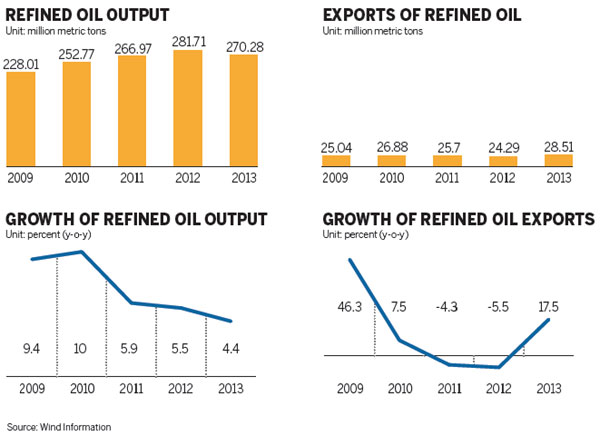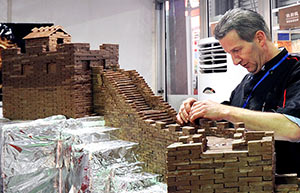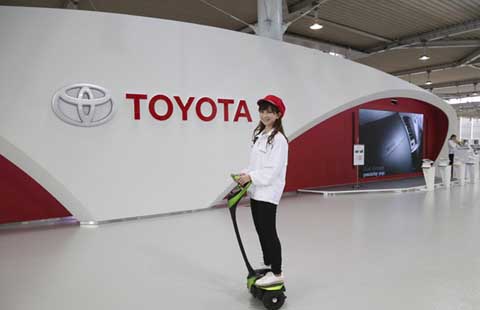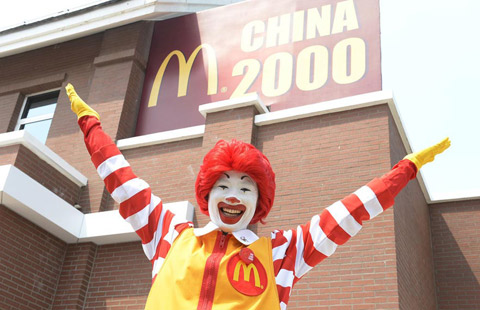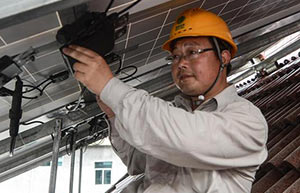NEA: End of the line for small oil refineries
By Du Juan (China Daily) Updated: 2014-05-16 07:14
|
Li Yi / China Daily |
There are conditions on crude oil supplies as well. All new refining projects must ensure they'll have sufficient raw material supplies before the project can be approved. For Sino-foreign joint refining projects, the foreign side must be able to supply more than 60 percent of the crude.
The government won't approve new projects for companies that fail to eliminate capacity under an NEA-approved schedule.
|
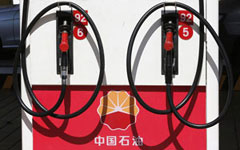 |
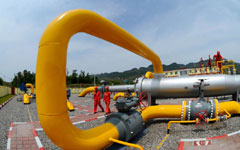 |
PetroChina is to cut 3.1 million tons of capacity in 2014, and ChemChina will cut 3.6 million tons by 2015, according to data from the document.
In March, China was a net exporter of refined products, shipping out 650,000 barrels per day while importing 560,000 bpd.
The NEA aims to foster several large refining companies to achieve strong competitiveness through industrial concentration, combining upstream and downstream resources.
In cities including Ningbo, Shanghai, Dalian and Nanjing, China will build large refining bases with more than 30 million tons of annual capacity each.
In other cities - Maoming and Huizhou in Guangdong, Quanzhou in Fujian, Caofeidian in Hebei and Tianjin - refining bases with capacity of more than 20 million tons annually will be formed.
Dong Xiucheng, vice-president of the School of Business Administration at the China University of Petroleum, said it's inevitable that China will eliminate outdated capacity and increase refining efficiency by industry integration.
- High-tech park growing local innovation
- China, 'world's factory', lacks skilled workforce
- Protecting environment tops public concerns in poll
- Licenses revoked in anti-porn campaign
- Mobile Internet business booming in China
- New day dawns for labor rights in Pearl River Delta
- NEA: End of the line for small oil refineries
- China-Russia gas deal set to be signed
